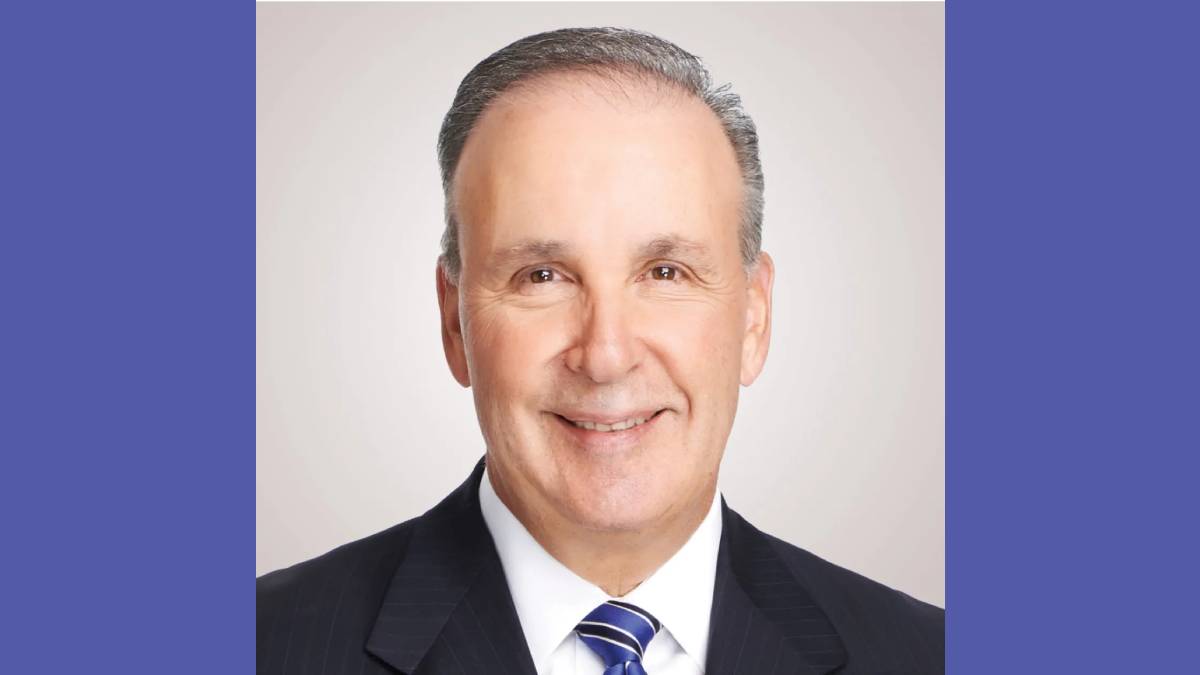Cookies, the sweet treat for online advertisers, have just been devoured by Google. Critics say the move will give the search engine — which is facing an anti-trust lawsuit for having a monopoly on internet searches — a larger portion of the ad space market share. The bigger concern regulators should be worried about is if social media companies follow suit.
For 30 years, cookies were used to track what websites users have visited, how long they spent on the site, and what products they viewed. The “sandbox”, which replaces cookies, places users into assigned groups. Google says these groups are created according to the interests and latest searches of the user. The tech giant also claimed the sandbox is less invasive than cookies allowing for more privacy.
In theory — because why should we take Google’s word — groups in the “sandbox” could now be divided by age, gender, and race (if you have uploaded photos to Google) instead of cookies, which were left by previous websites users have visited. Many critics and advertisers are concerned this will allow Google to advertise its own products, like the Google Pixel, in lieu of more popular products, like the iPhone. Advertisers and critics have explained their cookie-crumbling plight to regulators but the United States, European Union, and United Kingdom indicated little concern about the sandbox.
If successful, Google’s sandbox, which is only affecting Chrome users right now, could be brought to social media. While social networks, outlets, and communities do filter and customize what pops up on one’s newsfeed, advertisers can still rely on cookies to know if they have the right product for you. If social media outlets were to also remove cookies and adopt the “sandbox” style of grouping users by age, sex, or race, we could see an even worse “social dilemma” than what we already have.
The landmark 2020 documentary The Social Dilemma exposed the negative effects of social media and how much control outlets like Facebook, Twitter, and Instagram have over what we see. Their algorithms create a customized filter bubble with the perfect profile of you. Removing cookies could now change the profile of who you are to what they want you to be.
The latest Statista numbers show in 2021 social media has 4.26 billion active users who use these sites for an average of 2 hours and 27 minutes a day. Instead of billions of customized profiles, which benefit advertisers, social media could now siphon people into only a few pre-determined silos. The most at risk are teens because their brains are not fully formed.
According to a January 2024 Pew Research Poll, 96% of U.S. teens say they use the internet every day, and 46% of them say they are online “almost constantly.” The study also found the top platforms teens use include TikTok, Snapchat, Instagram, and YouTube. Seven in ten teens say they use the latter of the list every day. The owner of YouTube? Google.
When you are done watching a YouTube video, other suggested videos appear, based on your previous searches, which came from cookies. Since there are no more cookies your suggested videos are no longer tailored to you but to the silo to which Google believes you belong to. This could lead to censorship of certain YouTubers.
If you are placed in the “teen boy sandbox”, Google now can push PewDiePie playing video games and prevent someone with a message like Joe Rogan from expanding his viewership. While this example is funny, Google could take a more sinister approach where “teen boy sandbox” pushes content from the far left or far right. Both of these are bad because of the ability to brainwash instead of encourage independent political thought.
For all my tech bros, you might not be concerned about the lack of cookies but you should be. For several years, Apple users have needed to give apps permission to track you (if you’ve said yes to allowing apps to track you, you are a crazy person). Safari and Firefox have also limited cookie access while using their browsers. The fact remains that third-party cookies are still left.
Advertisers are not relying on web browsers to tell them what the customer’s needs and habits are. Google is no longer saying what your needs and habits are but what they think your needs and habits should be.
In short, cookies represent definitively who you are based on your searches. The sandbox is no longer definitively you but what silo Google wants you to belong to. Yes, cookies are invasive, but they are the lesser of two tech evils. Would you rather have no privacy and be free thinking or have privacy with suggested and imposed thoughts?

Krystina Alarcon Carroll is a news media columnist and features writer for Barrett Media. She has experience in almost every facet of the industry including: digital and print news; live, streamed, and syndicated TV; documentary and film productions. Her prior employers have included NY1 and Fox News Digital and the Law & Crime Network. You can find Krystina on X (formerly twitter) @KrystinaAlaCarr.







